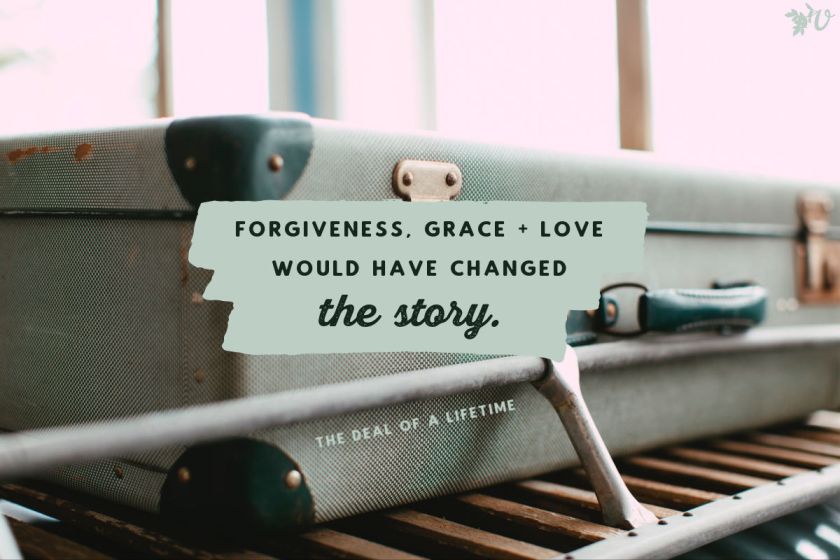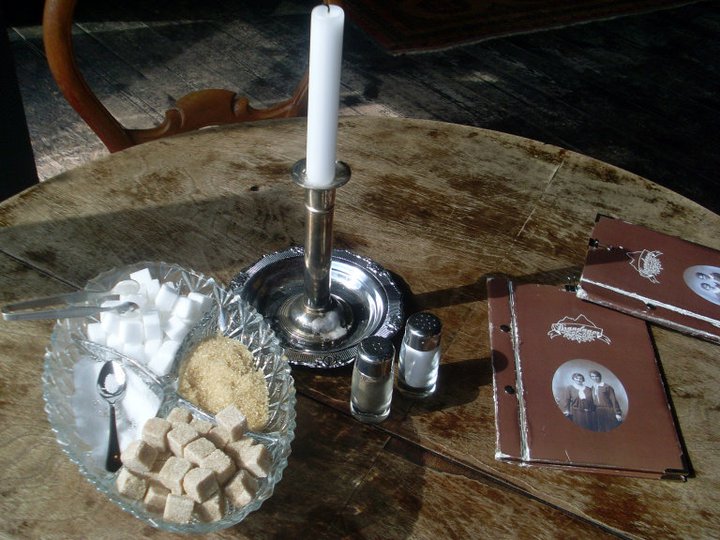During August, I have the privilege of hosting the Velvet Ashes Book Club (online). We’re reading two short novellas by Fredrik Backman, an author I have come to appreciate a lot in recent years. Do join us!
I am so glad the Velvet Ashes book club introduced me to Fredrik Backman’s writing and that we have made it a tradition to read something by him each summer! In some ways, these short novellas are quite different from his longer books, yet what I appreciate most about him still shines through.
Fredrik Backman seems to genuinely like his characters. He does not glorify them or excuse their darker sides but shows them as human beings in all their beautiful, messy complexity. He does not mock their weaknesses but treats them with kindness. And he is a fabulous storyteller! Have you followed along with any of the other Fredrik Backman books we’ve read? What did you appreciate about them?
Ok, let’s jump into the story in The Deal of a Lifetime. It seems the main character has been haunted by, and trying to outrun, death his entire life. Living when his twin brother did not, and seeing his parents forever altered by the loss. At age 15, again living when his best friend dies in a tragic accident. Always looking out for the woman with the folder. No wonder he could not handle becoming a father. The line “I couldn’t stay with someone who had that kind of power over me [i.e. making him feel someone else’s pain]” is so incredibly sad. Yet so understandable. When all he knows of that deep connection is the pain of loss, why would he choose to enter into it? And so he ran – into work, success, travel. He left his family and pushed his son away until he had lost him. So very sad.
To read the rest, go to Velvet Ashes
and my thoughts on the second half of the book are here




